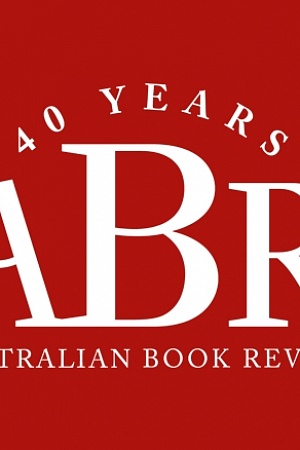Revisiting Xavier Herbert’s Capricornia
Baz Luhrmann’s epic film Australia may not have won any Oscars or attracted hordes of overseas tourists, but it has had at least one positive outcome. HarperCollins reissued Xavier Herbert’s equally epic Capricornia (1938), one of many acknowledged influences on the film, another being Herbert’s even longer novel, Poor Fellow My Country (1975). While visiting New Zealand recently, I was delighted to see the handsome new edition of one of Australia’s greatest novels prominently displayed in bookshops.
Any readers coming to Capricornia for the first time might initially think they are reading non-fiction rather than fiction, given its sober, documentary-style opening:
Although that northern part of the Continent of Australia which is called Capricornia was pioneered long after the southern parts, its unofficial early history was even more bloody than that of the others.
While Capricornia is rare among earlier Australian novels in having stayed almost constantly in print, more recent editions do not include the map that featured in the first. As well as helping to orient readers to the territory covered by the novel, the map serves notice that ‘Capricornia’ both is and is not a real place. The map is that of the Northern Territory, but Darwin has become Point Zodiac, just as, later in the novel, Melbourne becomes Batman; all other places and geographical features are also renamed. The latest edition of Capricornia does at least include the list of ‘Principal Characters’ that readers of the first edition also encountered before the opening sentence, another important guide omitted from many later ones. Before this list was restored a few years ago, a HarperCollins editor, clearly lacking a sense of humour, deleted some of the entries, specifically those referring to animals rather than humans. So there are now no references to ‘FALSE. A stockhorse at Red Ochre station’; to ‘MISANTHROPY. A stockhorse at Black Adder Creek’; to ‘KAPTLIST. A mule’; or to the even more memorably named donkeys, Poltix and Lidgin, despite their entries being cross-referenced to try to ensure no one missed the joke.
Continue reading for only $10 per month. Subscribe and gain full access to Australian Book Review. Already a subscriber? Sign in. If you need assistance, feel free to contact us.













Leave a comment
If you are an ABR subscriber, you will need to sign in to post a comment.
If you have forgotten your sign in details, or if you receive an error message when trying to submit your comment, please email your comment (and the name of the article to which it relates) to ABR Comments. We will review your comment and, subject to approval, we will post it under your name.
Please note that all comments must be approved by ABR and comply with our Terms & Conditions.